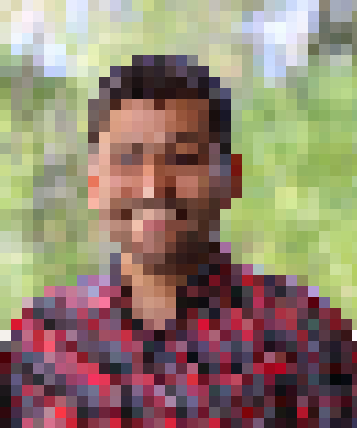Hello, I'm Vineet Pandey.
I'm a human-computer interaction (HCI) researcher and an Assistant Professor in the Kahlert School of Computing at the University of Utah. Starting Spring 2025, I am also a Responsible AI Faculty Fellow at the university.
I build human-centered computing tools that expand and improve the interface between communities and institutional experts, especially in science and medicine. My research supports motivated communities in performing scientific and medical work that is personally meaningful, institutionally relevant, and that advances our understanding of health, disorders, and public involvement in institutional processes. By intervening at three levels––individual tools, social platforms, and institutional processes––my research finds direct applications in digital health and citizen science.
All of my research builds on collaborations with real-world communities and institutional experts to design new ways of creating and acting on evidence. My research has been supported by the inaugural faculty fellowship program at the Responsible AI initiative, a Mountain West Microbiome Alliance (MoWMA) seed grant, seed grants from Responsible AI initiative in healthcare, and support from the Office of Undergraduate Research.
As a Postdoctoral researcher at MIT (2022-23), I explored novel characterizations of online social movements around clinical trials in neurodegenerative disorders - in collaboration with Arvind Satyanarayan (HCI, Visualization) and Graham Jones (Cultural and Linguistic Anthropology).
(First paper in re-preparation)
As a Postdoctoral Fellow at Harvard University (2020-22), I collaborated with neurologists at Mass General Hospital and multiple rare disorder communities (SCAs, ALS, Ataxia-telangiectasia) to advance our understanding of neurological disorders with remote health assessment tools.
(
ACM TACCESS 2023,
Brain Communications 2023,
The Cerebellum 2022).
During my Ph.D. in Computer Science from UC San Diego (2013-19), I worked with microbiologists at the American Gut Project and fermenters to support community-led experimentation with novel online platforms. I was lucky to receive wisdom from Jim Hollan, Rob Knight, and Don Norman.
(
ACM CHI 2021,
Learning@Scale 2018,
ACM CHI 2017,
Defense Video).
My dissertation was awarded the 2019 School of Engineering Henry Booker Award for Exemplary Ethical Engineering.
Recent work
Research Group for 2026 Spring (Jan-May)
| PhD students | |
| Sujit K Kamaraj (web)
2025- |
How do design instructors’ expectations of GenAI translate into classroom practices? |
| Mutaz Hennawi (web)
2024- |
How might we design smartphone-based interactive tasks to assess cognitive impairments with a few minutes of use? |
| Janet Ikhile (web)
2023- |
Does fine-finger tracking on touchscreens yield reliable, valid, actionable knowledge for telemedicine/remote clinical work? |
| Nastaran Jadidi (web)
2023- |
How might we design sociotechnical systems that support effective deliberation among institutional experts and affected communities? |
| CS BS MS students | |
| Jaskehar Sekhon
(with Diya, co-mentored with Professor Sara Yeo) |
Does AI streamline time-consuming research processes like qualitative data coding? |
| BS students |
For Independent Study (4950) /
Thesis (4940 and 4970) /
Capstone / UROP / SPUR |
| Diya Mandot
(with Jaskehar) BS CS Honors |
Does AI streamline time-consuming research processes like qualitative data coding? |
| Sieun (Stella) Shin
(with Janet, Nastaran) BS Psych |
How do long-term experiences of everyday technology evolve for people with neuro-degenerative disorders? |
| Yuvraj Malik (with Sujit) (UROP) BS CS |
Does repurposing bioinformatics tools/datasets for patient-led research work? |
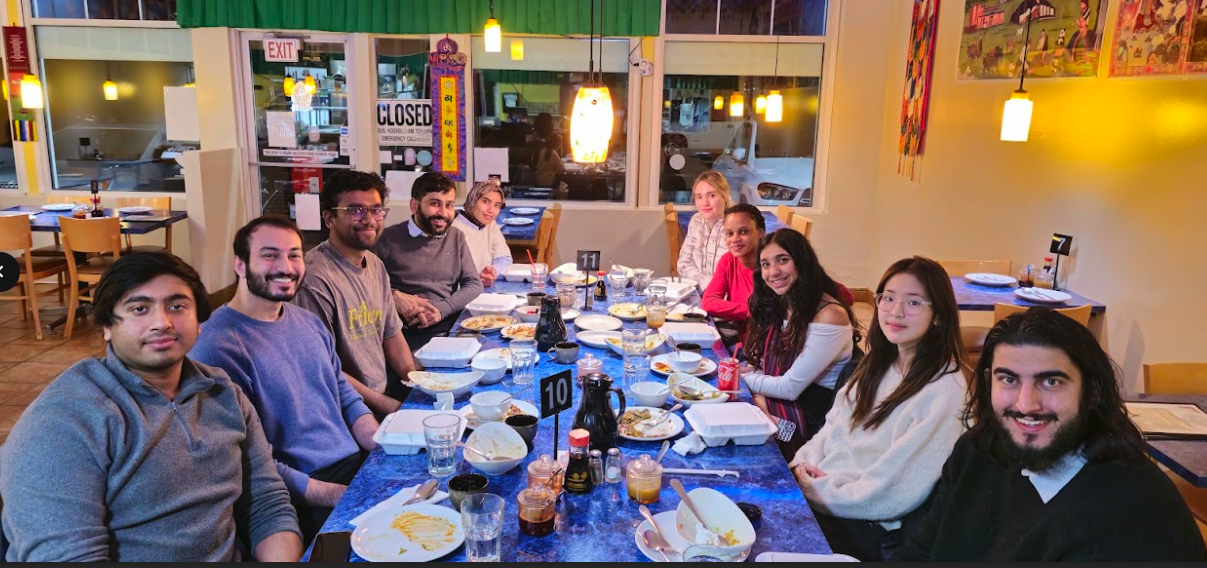
2025 Fall
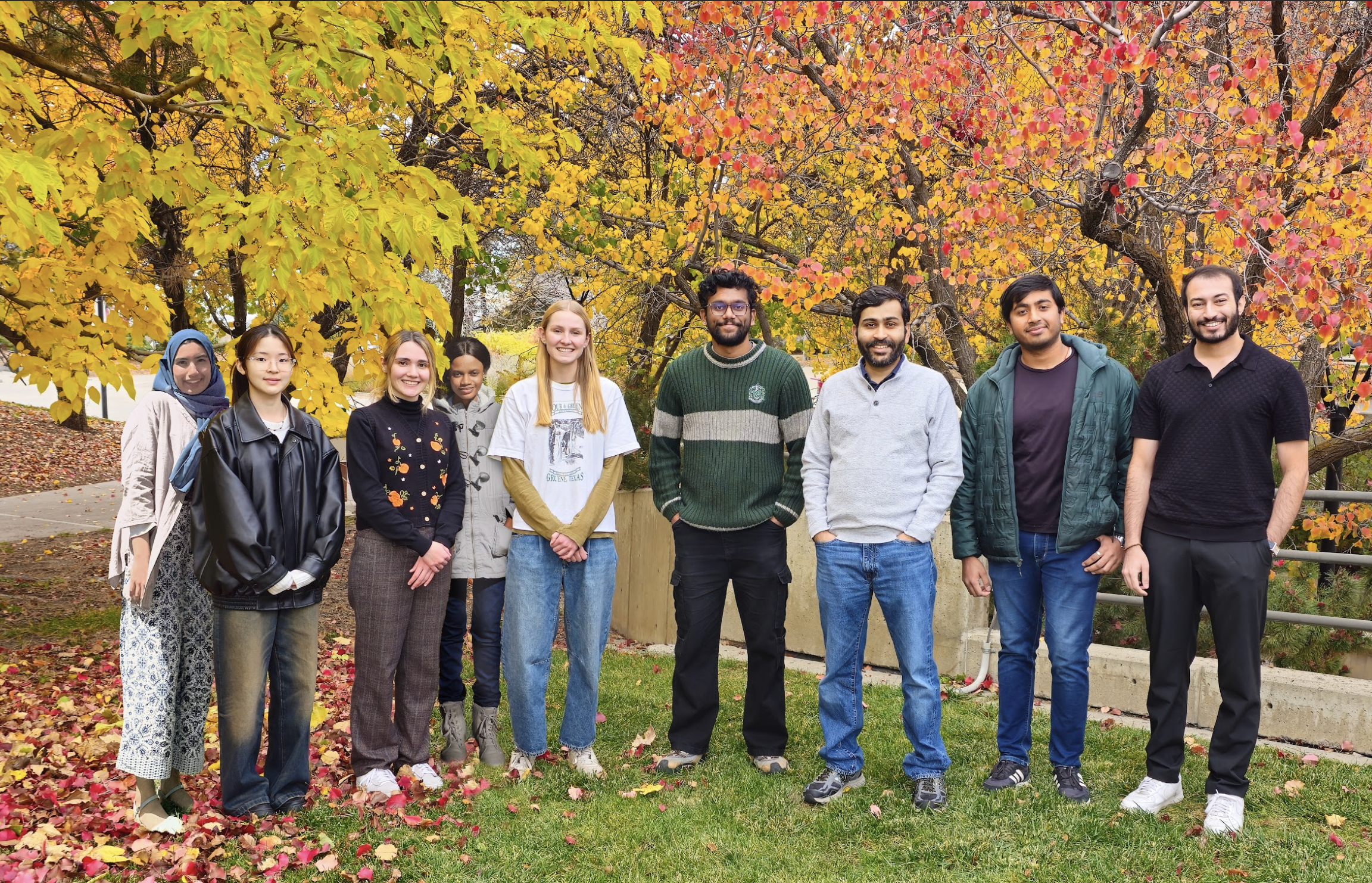
2025 Summer
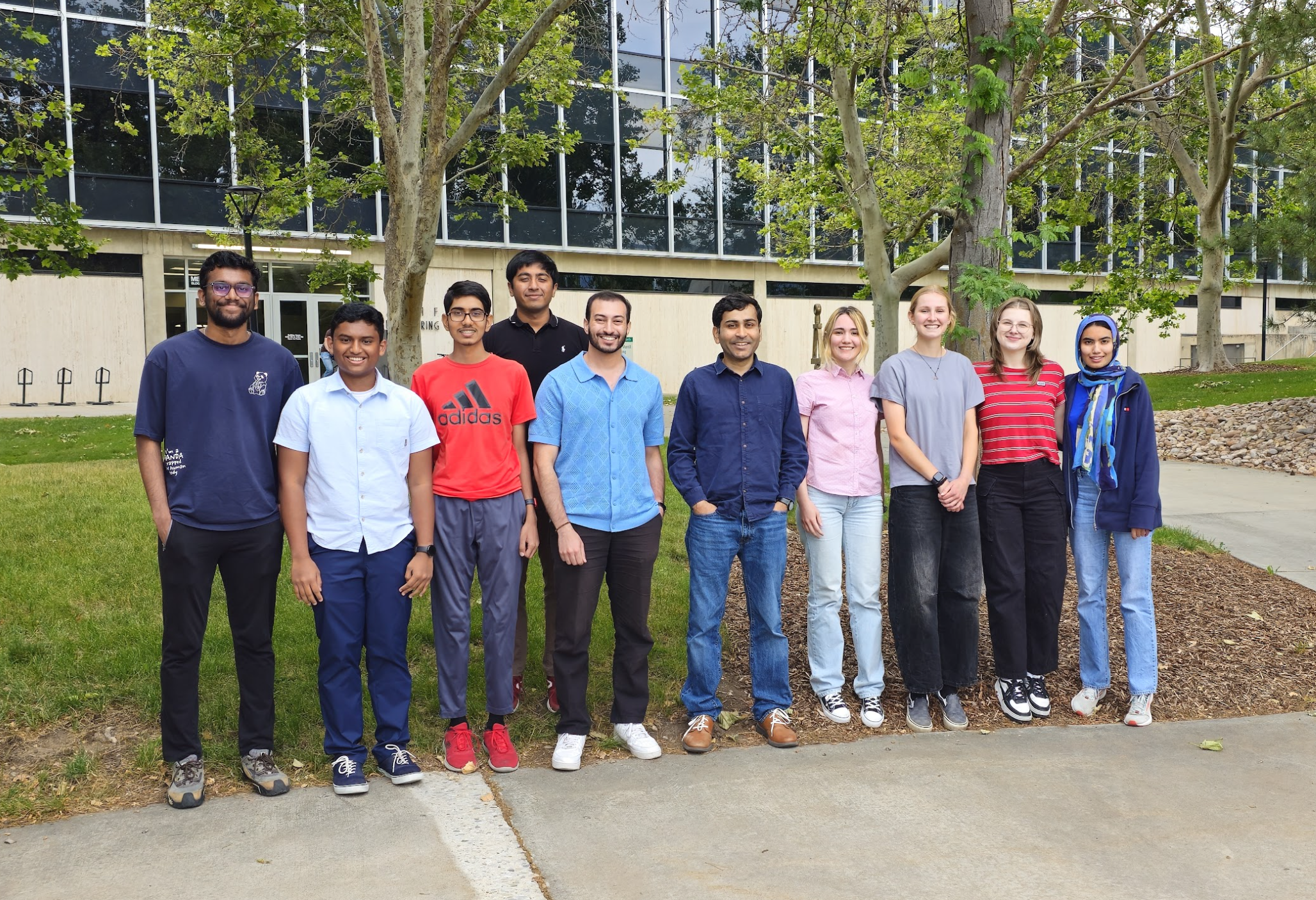
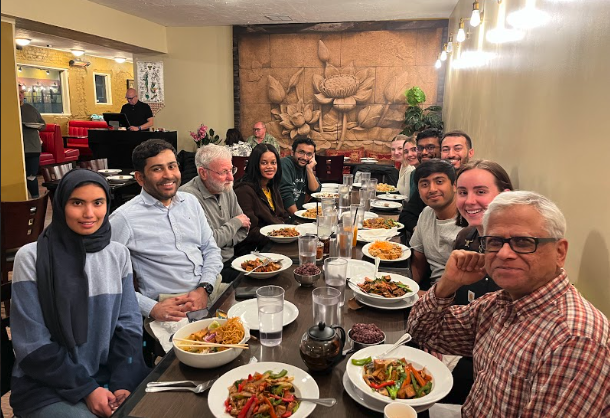
2024 Fall
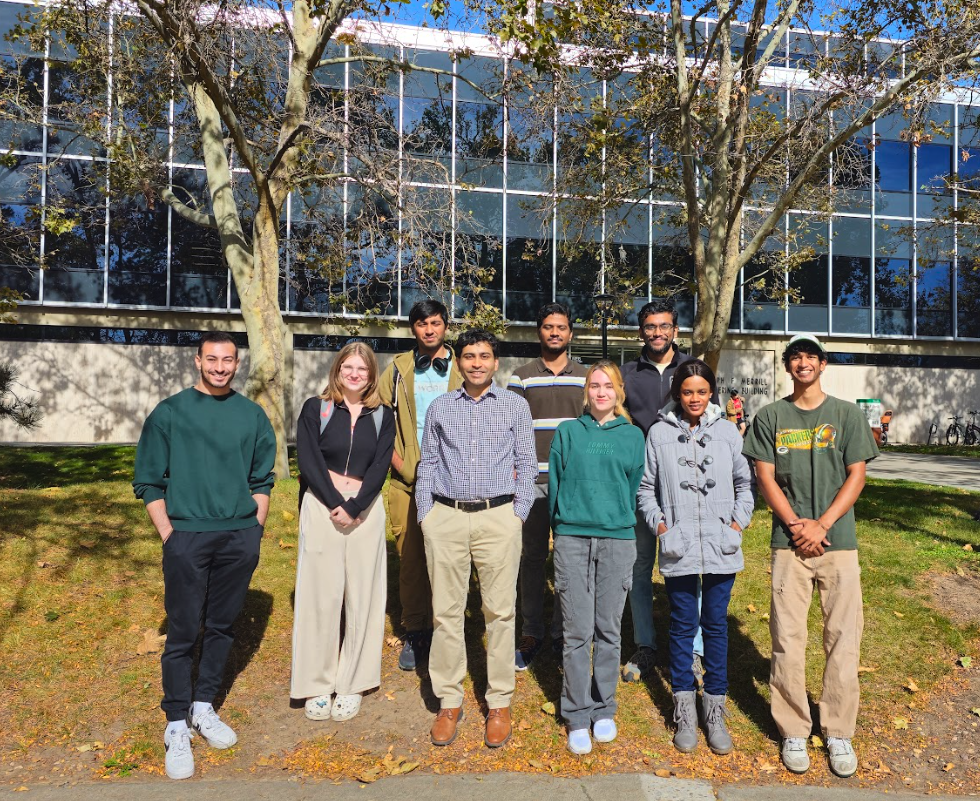
2024 Summer
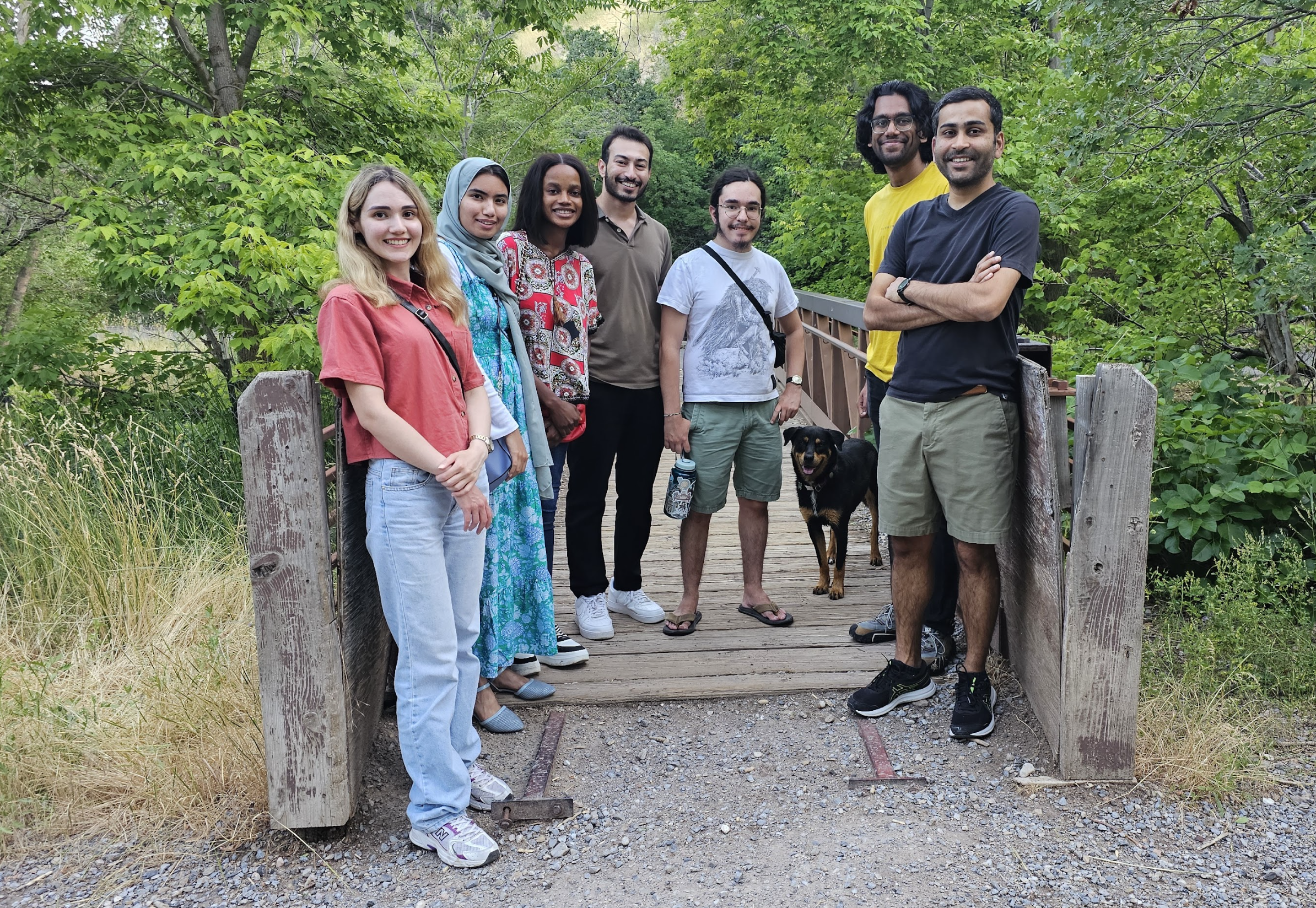
2024 Spring
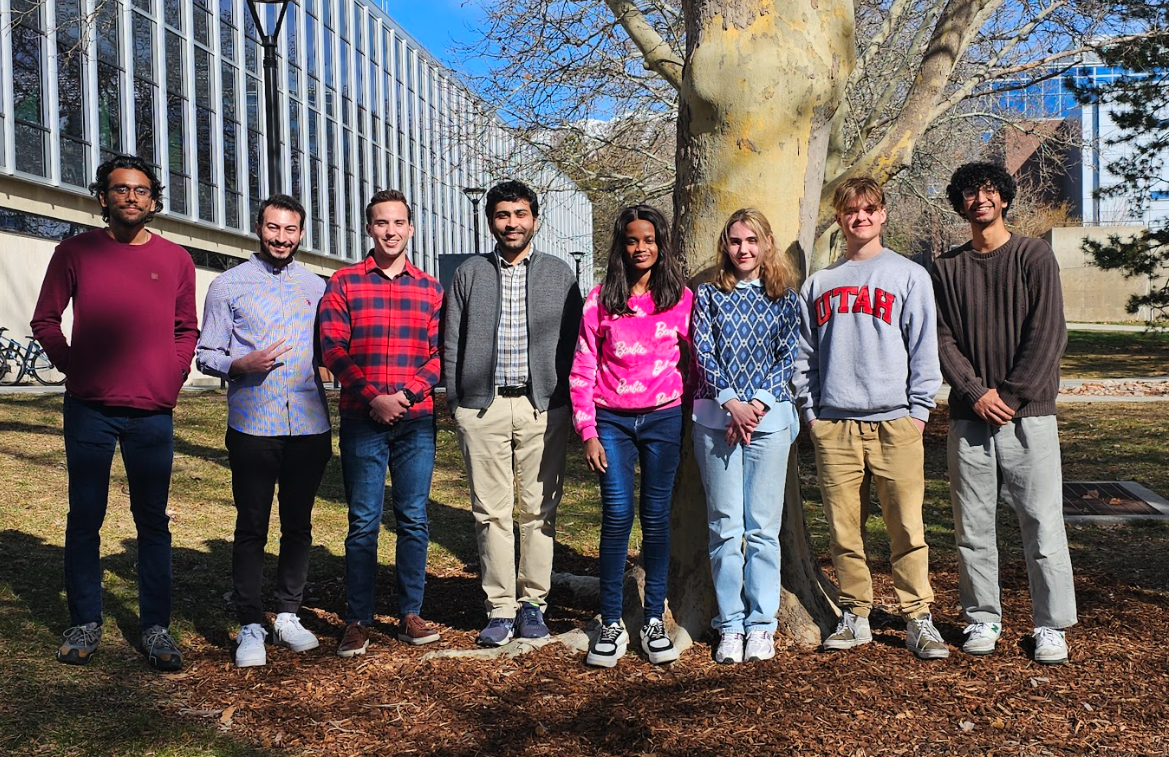
2023 Fall
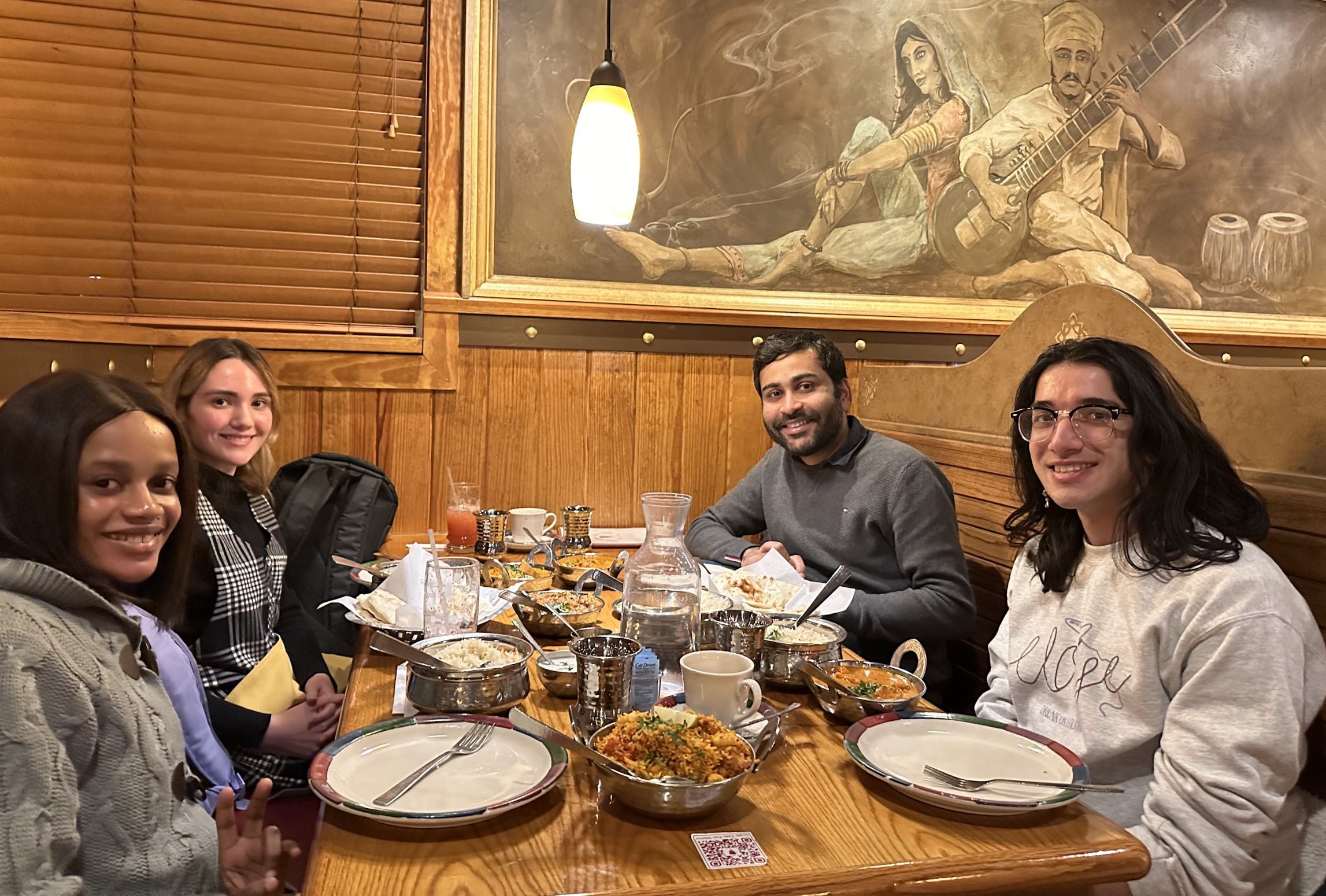
Group Alumni
| MS students | |
| Carly Atwell (Computing BS MS) | → Applied for PhD programs
Characterizing a rare disorder community's engagement with regulators |
| Jenny Yijun Zhan (MSD) | → Production Engineer, Meta
Designing software for caregiver-validated remote health assessments |
| Gunasekhar Athuluri (CS MS) | Visualizing institutional datasets for patient-led hypothesis-testing |
BS students |
|
| Megan Genetti
(BS CE) |
Which information-seeking strategies do pregnant women use? |
NSF REU: Research Experiences for Undergrads: Intelligent Computation |
Alex Goff (CS, Summer 25, University of Utah) Hannah Larsen (CS, Summer 25, University of Utah) Vivian Zheng (CS, Summer 25, Stony Brook, NSF REU) Belén Edgar (CS, Northwestern, Summer 24) Timi Omoteso (CS, Summer 24, Georgia Tech) |
Price College Engineering Scholars Program |
Logan Wood (CS, Spring 24) Kunal Kamtekar (CS, Spring 24) Olivia Styler (CS, Spring 25) |
High School students |
|
| Price College High School Summer Research Internship |
Kevin Siju Eappen (Hillcrest High School, Summer 25) Om Sanghvi (Hillcrest High School, Summer 25) Lincoln Gierisch (Itineris Early College High School, Summer 24) Silas Fay (Academy for Math, Engineering and Science, Summer 24) |
| University of Utah Science & Engineering Fair | Lavanya Mohnani (Hillcrest High School, Spring 24).
First Prize at Computer Science & Applied Computational Methods |
Committee member (PhD, MS, BS)
| Maxim Lisnic | → Assistant Professor, Worcester Polytechnic Institute (WPI), MA
Computing PhD: Data-driven Misinformation (Advisors: Marina Kogan, Alex Lex) |
| Noelle Brown | → Assistant Professor/Lecturer, University of Utah
Computing PhD: Ethics in Computing (Advisor: Eliane Wiese) |
| Caden Hamrick | ECE PhD: TBD (Advisor: Jacob George) |
Sujit K. Kamaraj |
(Chair) CS MS: Crossroads: Understanding Cognitive Activity through Fine-Finger Tracking on Touchscreens |
| Naman Rastogi | CS MS: Platform Migration in Online Communities |
| Semil Jain | CS MS: Citizen Science on CloudLab |
| Khawar Murad Ahmed | Computing MS: Mixed-methods studies for characterizing online discourse |
Brennan Cook |
(Chair) Data Science BS: Optimal Strategies in Basketball |
The original page was designed by Manjeet Singh Sawhney.
